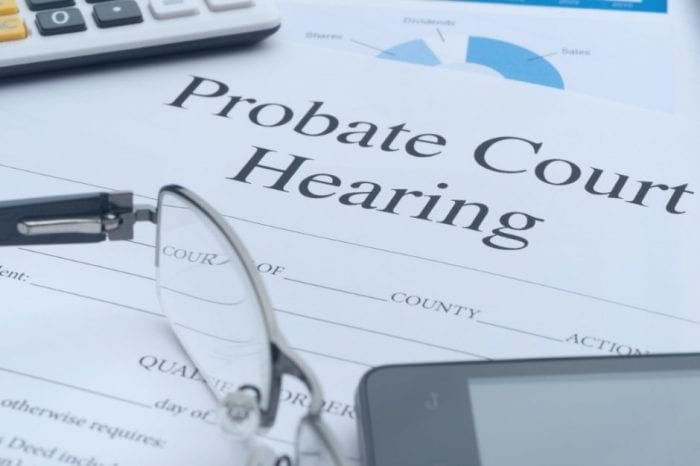By Linda Toga, Esq.

THE FACTS:
My mother recently passed away. She had a will which named me as executor and provided that I was to get the bulk of her estate. The balance was to be divided between by two siblings. I found a copy of her will in a file with her other important papers but the original was not in the file. I believe my brother may have the original will since he was a signatory on her safe deposit box which he emptied before my mother died. My brother and I do not get along and he refuses to take my calls.
THE QUESTION:
Is there a way I can compel my brother to turn over the will so that I can petition the court for letters testamentary and handle the probate of my mother’s estate in accordance with her wishes?
THE ANSWER:
It is unfortunate when there is no cooperation between family members when a loved one dies but it is not uncommon. If you have asked your brother about the will and he refuses to turn it over, file it with the court or provide any information about its whereabouts; all is not lost. You can ask the Surrogate’s Court in the county where you mother lived for an order compelling your brother to provide information about the will and to turn it over if he does, in fact, have custody of the document.
You should have an experienced attorney prepare and file with the court a petition to compel production of a will. The court will need the name and address of the brother you believe has the will, as well as the names and addresses of all other interested parties. The court also requires an original death certificate and a proposed order.
Once the Surrogate signs the order, a certified copy of the order directing your brother to participate in an inquiry about the whereabouts of the will and to turn over to the court the original will must be served upon your brother. Your attorney then has the authority to question your brother about the will. If he refuses to cooperate with your attorney, your brother has a date certain set by the court to either turn over the will or explain why he cannot do so. The court can then decide how best to proceed.
Although your brother’s inheritance may be smaller if your mother’s will is probated than if an administrator is appointed, hopefully your brother will do the right thing when faced with a legally enforceable court order.
Linda M. Toga, Esq. provides legal services in the areas of estate administration, estate planning, real estate and small business services from her East Setauket office. Call 631-444-5605 or vising her website at www.LMTOGALAW.com to schedule a consultation.















